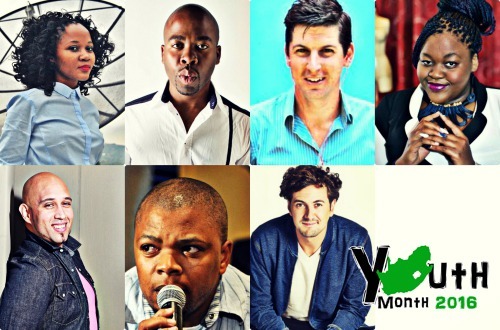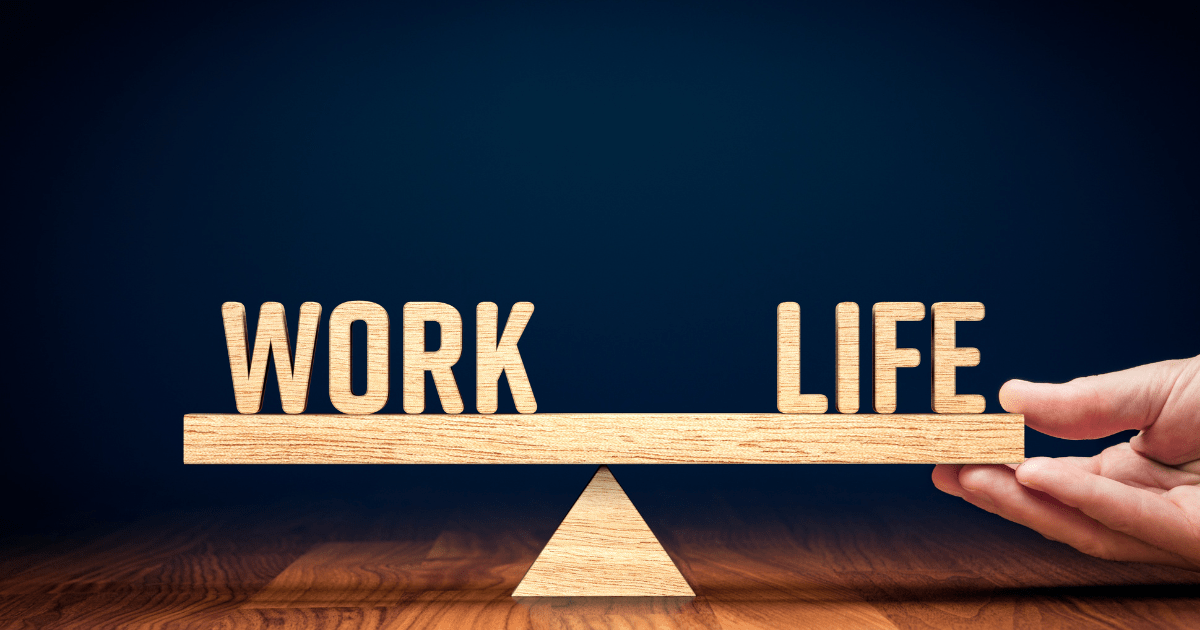
This article forms part of the Youth Month 2016 series in which SME South Africa, throughout the month of June, will shine the spotlight on youth issues and highlight the work of young entrepreneurs and innovators who are shaping SA’s future.
What do you get if you asked a group of dynamic, young people about the state of country’s youth entrepreneurship? SME South Africa brought together seven young entrepreneurs to find out.
What came out is a thought-provoking look at the frustrations they face such as the slow pace of change, the difficulties in getting funding and youth unemployment, a problem seen by many as the proverbial ticking time bomb.
Statistics South Africa (Stats SA) has the proportion of youths (people between the ages of 15 and 34) not in employment, education or training, at around 30%. This, Stats SA says, has been the case since 2012 adding that South Africa’s unemployment levels are now at their highest rates since the labour force survey began in 2008 and that young people are the hardest hit by this.
It isn’t all doom and gloom, however, with many of the young entrepreneurs saying they are optimistic and see huge potential in today’s youth spurred by their hunger for change and ability to innovate.
Here are the thoughts that 7 high-impact young business leaders shared with SME South Africa on youth entrepreneurship and whether the youth of 2016 have what it takes to strike entrepreneurship gold.
Our panel of entrepreneurs
- Elvis Sekhaolelo – Founder and MD of Founders@work, a digital marketing agency for entrepreneurs and eKasi Entrepreneurs Network, a non-profit organisation that supports township-based entrepreneurs
- Bonolo Mataboge – Fashion entrepreneur and founder of Afriblossom and a Tony Elumelu Entrepreneurship Programme alumna
- Iain Manley – Co-founder and CEO of Voicemap, provider of location-aware audio guides
- Pearl Maphumulo – entrepreneur, writer and speaker
- Luthando Zibeko – Founder and Chairman of Luthando Zibeko Foundation, a non-profit youth development initiative
- David Gluckman – Co-founder and director at Lumkani, maker of an affordable, networked fire detector
- Clayton Morar – Founder of Clayton Morar Media, a public relations and communications company
Can the youth of 2016 take charge and reshape the future through entrepreneurship?
Iain Manley – If you look elsewhere, especially at the capital of entrepreneurship Silicon Valley, most of the people driving new business models and looking at how the trends are reshaping the economy and how those can be used in the service of the new business models, they are young people. They are often – the word millennial is often overused – but often these people are millennials, they are digital natives.
Pearl Maphumulo – Yes, I believe so. But I think young entrepreneurs need to be taught in a futuristic manner, for them to think beyond what is happening now. In a world that we’re living in now, we’re studying things that would probably not exist in 5 years time and there’ll be new jobs that probably don’t exist now.
Maybe if we can change that and teach the future of entrepreneurship not just the fundamentals, because those fundamentals might even change especially with where technology is taking us, then we could change the world.
Elvis Sekhaolelo – Unemployment in South Africa is increasing, and more young graduates are not finding jobs. The private sector is retrenching jobs and I think it’s up to us young people to come up with solutions and ways of finding jobs. And I think that can only be done through entrepreneurship. As much as you have an educated youth if there’s nothing to do you find that you get a lot of poor communities.
What are some of the obstacles that are standing in the way of more young people becoming entrepreneurs?
Luthando Zibeko – Young people in general, want to get involved. There’s an appetite from young people but there are some factors that discourage this. One of the main challenges is access to funding. Growing up in the Eastern Cape I’ve always wanted to do things but the challenge has always been funding. Although there are opportunities, the environment is not fertile enough for youth to get into entrepreneurship.
Iain Manley – If you’re young you tend to have a lack of experience. We also have a lot of bureaucracy that we have to deal with. The rules about how you hire and fire in the country can be difficult for people who don’t have an HR department for instance and you don’t have the time to manage these processes adequately.
Clayton Morar – Often people aren’t encouraged enough by their peers. I didn’t have examples in my environment. Whether it’s family, friends, or business relationships, [we were not accustomed] to the notion of standing in your idea – in your creativity – in essence your own truth to just go out and embark on the adventure. Often you still get told that you need to find employment, work for a boss and get a steady income. While that is great, it’s just that we find today that because of the economic climate we’re in, people have had to find their own source of income.
Elvis Sekhaolelo – Young people are not given the right platform. They are not given the power to change things.
“Where young people can have the biggest impact is in ensuring that they are not creating just the one job for themselves but can at least create other jobs”
In what ways can young people invoke real change in the world?
David Gluckman – Where young people can have the biggest impact is in ensuring that they are not creating just the one job for themselves but can at least create other jobs. Young people need to start thinking about what the rest of the world needs from South Africa. What local talent or creation or local asset do we have that the rest of the world needs?
Dynamic or apathetic – Where do SA’s young people fall?
Clayton Morar – I think South Africa is full of potential and I say this because I find more young people are coming out with more skills and more talent in various disciplines. They have a natural curiosity and I definitely feel that they are more positive than the older generation. They are more fearless. They are more confident. They are more hungry. They’re not too worried about the notion of ‘failing’. They see the positive in everything and I think their ability to imagine success early on and wanting to be successful is often a good thing for creating a successful business.
Luthando Zibeko – You have a very enthusiastic youth in SA and I think as you would have seen with the #FeesMustFall and #RhodesMustFall movements we have a very active youth. It’s not as bad as people think. I don’t buy into the sentiment that the youth is directionless. [What we need to do is] work with the youth because if we don’t [and we keep them outside of the economy] we’re going to create a youth that is despondent. Look at which group is the most affected by unemployment.
Bonolo Mataboge – We do live in a world that’s ever-evolving and I think that we’re expected to make very big life decisions very early on in life. I think technology is making it easier to make those decisions, but it has also thrown us into the deep end. We’re very much career-oriented but sometimes it’s the ‘how’ we go about it that I think is where we sometimes get it wrong and we then get labeled as directionless
“They see the positive in everything and I think their ability to imagine success early on is often a good thing for creating a successful business”
Elvis Sekhaolelo – More young people are getting educated. Young people are not depending on the state or the private sector to hire them or to give them what they need. They go out and they hustle. People need a paradigm shift [to change] the way they think about their environment and the way they see things. If you see a challenge, come up with a solution for that challenge. I think that is happening but we need more of that.
Iain Manley – I think that in some ways in South Africa, because of the political environment [where] we have this government that few people trust and believe in, there’s this kind of attitude [of people feeling that they] have to do things for themselves.
In many other countries people who feel that they are stuck at the bottom of the socio-economic ladder are looking for a government that will give them a handout. In South Africa – I’m sure many people do expect that and they should expect that – but most people being realists have decided that they can’t wait. And they need to do something for themselves.
What are you most proud of as a young person today?
David Gluckman – I’m extremely proud of the #FeesMustFall movement as a thing that young people were able to capture the nation and even capture international attention. From a really well structured organisation, a really strong message and really impressive action and it showed significant leadership and unity across the country in a very coordinated way. If that’s the youth, if that’s the courage and the ability to implement of the youth then I’m very excited to see what those people are going to do in their late twenties and thirties.
Luthando Zibeko – As a young person you need to find what it is that you want to do then you just have to chase that particular goal. I’m very proud of how young people have turned their hardships into opportunity.







